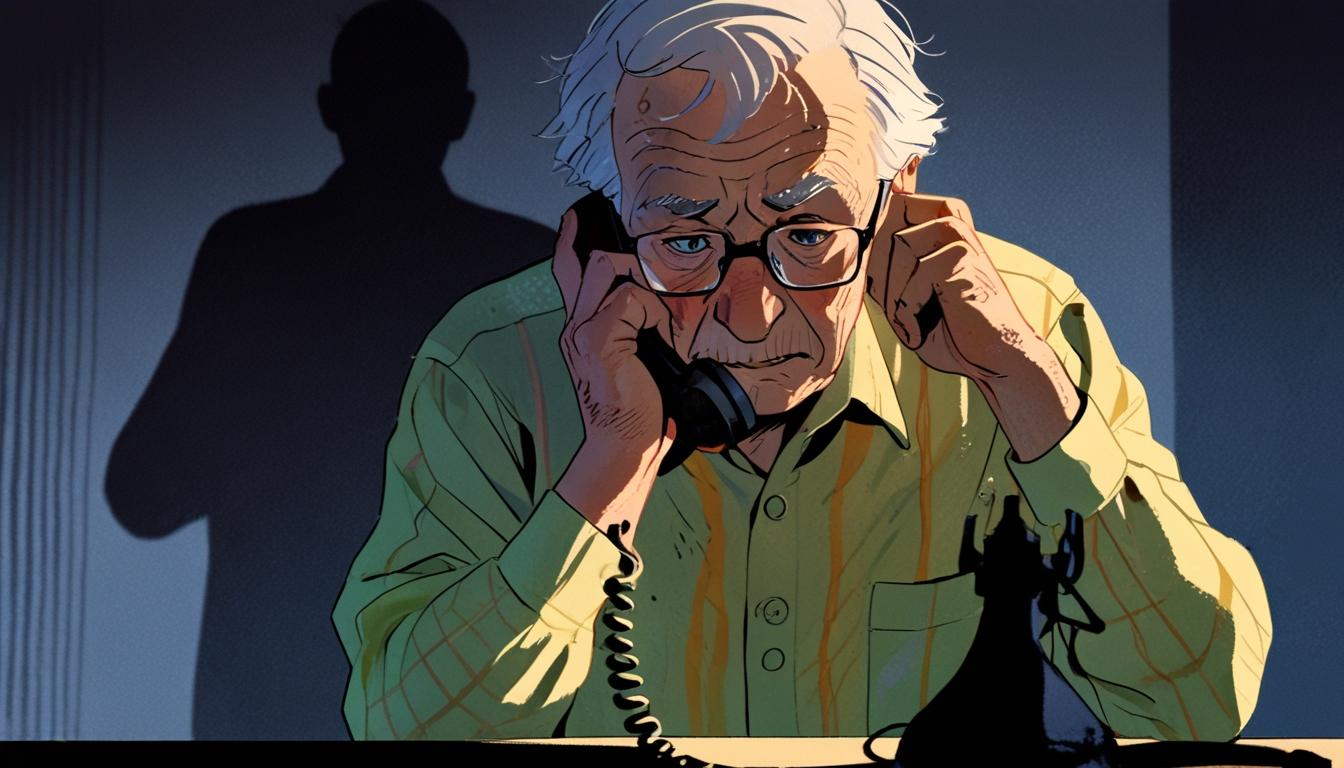More than 300 Members of Parliament (MPs) are not publicly listing contact phone numbers for either their Westminster or constituency offices, raising concerns about accessibility for constituents, particularly those who are less comfortable with digital communication. An investigation examined both the official Commons website and MPs’ personal websites and found that 311 MPs did not provide these essential contact numbers.
The issue was highlighted amid growing worries about the increase in abuse directed at MPs and their staff, who are often the first point of contact for constituents answering calls. Campaigners argue, however, that the absence of publicly available phone numbers restricts constituents’ ability to raise concerns directly with their elected representatives. This is particularly significant for older people; data from the campaign group Later Life Ambitions, which has 250,000 members, estimates that approximately 1.6 million people in the UK do not use the internet at all. The Government’s Digital Inclusion Action Plan supports this, warning that a quarter of the UK population may struggle with online services.
In a letter to House of Commons Speaker Sir Lindsay Hoyle, Later Life Ambitions pointed to the digital divide affecting many demographics, stating: “Age remains one of the most significant predictors of digital exclusion, with around 31% of people over 65 not using the internet at home. However, this is not just an issue for older people, and there are a number of additional factors linked to the digital divide in the UK, including socioeconomic status, region and whether a person has a disability.” The group urged the Speaker to investigate and rectify the issue promptly, emphasising that constituents should be able to raise concerns regardless of internet access.
The Speaker’s office declined to comment on private correspondence. Parliamentary authorities explained that MPs are asked which contact details they wish to display publicly on official web pages and that there is no requirement for members to provide specific addresses or phone numbers. This policy has been in place for several years and is not a recent development.
The issue arises amid a wider inquiry into the sharp rise in abuse targeted at politicians, led by the Speaker’s Conference. Written evidence submitted to the inquiry highlighted the severe nature of threats MPs are facing. One MP recounted receiving death threats and described taxis parked outside their own and a family member’s house late at night, recalling being told they would be beheaded. The MP added that police dismissed these incidents as the “rough and tumble of politics.”
Former MP Simon Danczuk shared his experience as the Reform candidate in last year’s Rochdale by-election, describing an attempted break-in at his family home thirty-six hours before polling day. The intruders were deterred by a sophisticated alarm system, but the incident underscored the physical threats politicians and their families face.
Additionally, the Members’ and Peers’ Staff Association, representing staff of MPs and members of the House of Lords, noted that researchers who work with politicians have been asked to accompany them on journeys home to ensure their safety.
The Express is reporting on the ongoing debate surrounding MPs’ accessibility to their constituents amid the backdrop of increasing security concerns and digital exclusion for many in the population.
Source: Noah Wire Services
